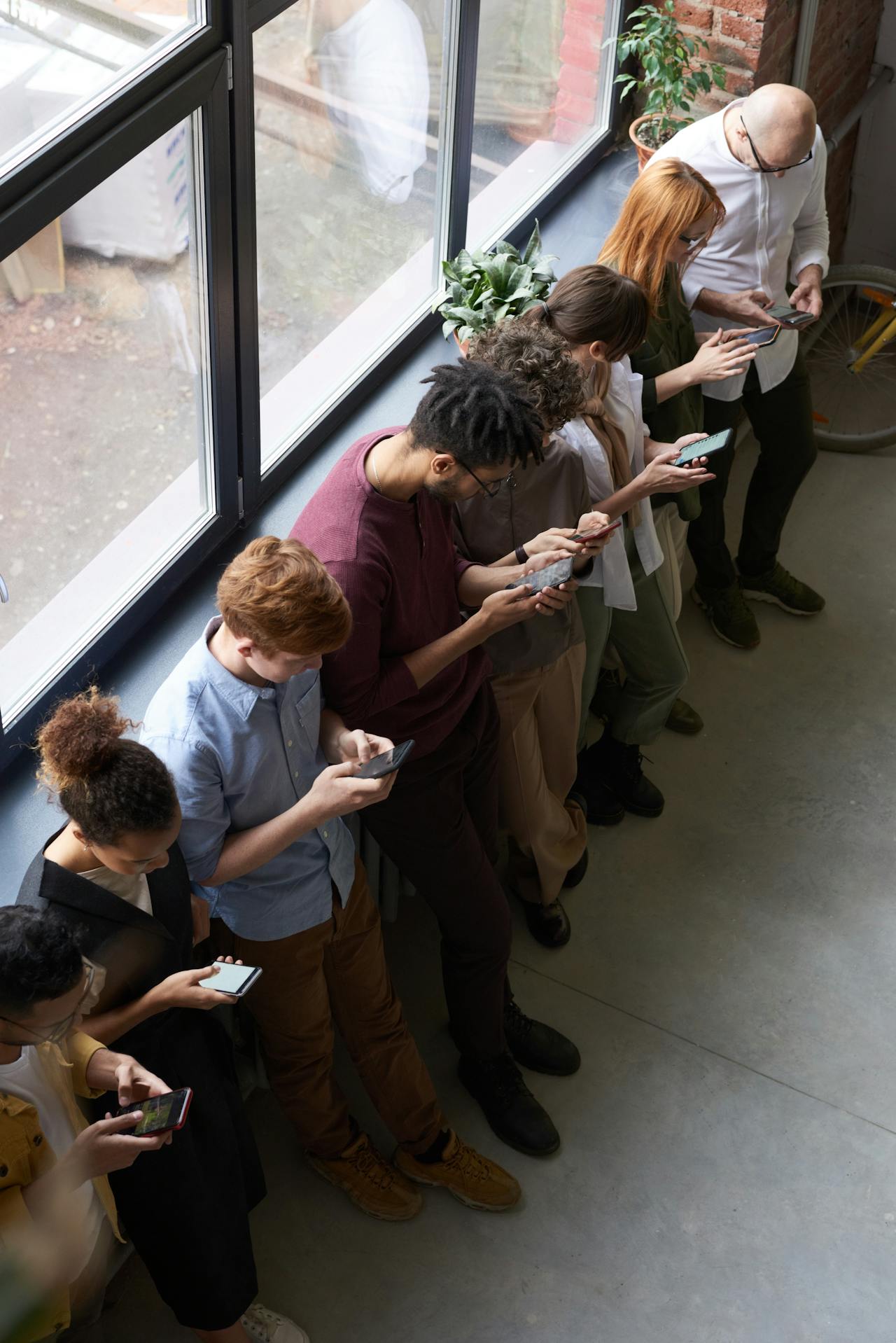Canada News
Fight disinformation to strengthen our democracy

Reducing the presence of fake news online is everyone’s responsibility. And it’s easier than you think. (Pexels Photo)
(Version française disponible ici)
The striking quality of the most recent videos produced by artificial intelligence (AI) has brought back to the table the argument that it will soon become almost impossible to distinguish truth from falsehood. However, by focusing too much on the technological capabilities of AI, we lose sight of a fundamental fact: reducing the flow of fake news remains within the reach of all citizens.
But we need to make people aware of their power.
The conflict between Israel and Hamas, the war in Ukraine and the American elections are daily reminders that a large proportion of fake images and videos are sent by suspect and tendentious accounts. Fact-checking journalists, the kind of troublemakers that disinformation peddlers hate, frequently trace the origin of dubious information after a few hours’ research.
But for anyone who doesn’t have that kind of time at their disposal and for the information that scarce journalists didn’t have time to verify, it is possible to quickly remove the urge to share falsehoods on social networks. For example, news from someone called “anonymous 257” or who obviously subscribes to QAnon theories should automatically raise doubts. The same goes for an influencer who hasn’t bothered to specify where a video or screenshot originated.
In other words, anyone can check a source. Sometimes, it only takes a few moments: you look at the name of the account that published the video. Sometimes, it takes a little longer: you have to look for another source, on Google for example. If we’re lucky, it may lead to an article fact-checking journalists have already produced.
These few steps are obviously not a miracle recipe for instantly distinguishing fact from fiction. But they do make us aware that the source of the information may not be reliable, and that we should therefore take our time before sharing this content on social networks.
If everyone developed these basic reflexes, many fake news stories would be prevented from going viral.
People who trade in disinformation count on our complacency. They know that emotion is a key factor in disinformation and that people won’t necessarily have the reflex to ask “where did that come from?” when faced with a video that shocks or delights them or an article that confirms their opinions.
What already exists in Quebec
A handful of journalists in Quebec have been bringing awareness-raising activities on combatting misinformation to classrooms since well before the pandemic. The Centre québécois pour l’éducation aux médias et à l’information is behind an initiative to encourage young people to take a moment before accepting what they see online (In French, the program is called “30 secondes avant d’y croire.”) The program has reached over 40,000 high school students since 2018. My media outlet, Agence Science-Presse, hammers home a similar message in its workshops on scientific misinformation, algorithms and conspiracy theories. And Le Curieux magazine works with us to bring the same message to primary school children.
But these education efforts almost always rely on a handful of enthusiasts and tiny budgets. Teachers themselves are short of tools. They’ll be even more so in September, when Quebec’s new culture and citizenship program becomes compulsory. Extending from primary to secondary school, the program brings together elements of information education such as recognizing a reliable source, the difference between facts and opinions, awareness of our cognitive biases, etc. It is not clear what new tools will be at the disposal of teachers to go with the program.
Investing more in information education is not a luxury item. Fears about the inability to distinguish fact from fiction started long before the advent of generative AI.
Disinformation makes people disengaged and cynical
When Agence Science-Presse created its fact-checking column, le Détecteur de rumeurs, in 2016, we were already hearing a discourse propagated by people who had a vested interest undermining the media: “Everyone lies, the media publishes fake news, trust me instead, because only I can solve our problems.” Sound familiar?
Such rhetoric contributes to citizens’ political disengagement and cynicism. Philosopher Hannah Arendt wrote brilliantly about this more than half a century ago, when she was trying to explain the origins of totalitarianism. And if there’s one major reason why decision-makers should be concerned about combating misinformation, it’s this.
Because it’s also this rhetoric that contributes to people shutting themselves away in their own bubbles, listening only to those who confirm their frustrations and anger at the so-called “official discourse.” We saw this during the pandemic with people who rejected the advice of scientific experts, fed on anti-vaccine and anti-mask youtubers, or saw the government through the prism of conspiracy theories. Disinformation is also a major concern for public policy in the health-care ecosystem.
Above all, it’s a discourse that runs counter to what makes democracy work – debates of ideas, discussions, conversations – and that’s why our decision-makers can no longer ignore it.
In 2024, checking sources, distinguishing fact from opinion and becoming aware of the mechanisms by which algorithms lock us into alternative realities must be taught to adults, not just school children. This applies not only to politicians in the world of education, but also to those in the fields of culture, communications and any other ministry faced with controversy.
Because, in the words of Philippine journalist Maria Ressa, co-winner of the 2021 Nobel Peace Prize: “Without facts, you can’t have truth. Without truth, you cannot have trust. Without trust, you have no shared reality, no democracy. And it becomes impossible to deal with the world’s existential problems.”
This text is published as part of “International Fact-Checking Day,” organized by the International Fact-Checking Network.
This article first appeared on Policy Options and is republished here under a Creative Commons license.





















